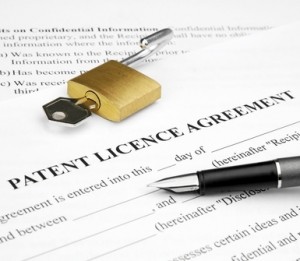Wells Fargo Bank, N.A. applied for an interesting fraud detection patent in March 2014. This patent covers the process of verifying the identity of a client who calls in for customer service. If you have ever called a credit card company or your bank, you should already be familiar with their security prompts. First, the bank sees whether the call came from an authorized phone number. Next, you are prompted for your mother’s maiden name or the answer to another challenge question.
This patent looks at voice biometrics by analyzing voice signals to detect stress during the verification process, such as when the caller is prompted by a verification or security question. If the caller provides a higher frequency response during the verification process, that may indicate a fear of being detected or exposed.
This process also seeks to match voice biometrics with voice samples of individuals suspected of being fraudsters from a database.

 In a recent filing, EveryMD LLC—perhaps best known for its
In a recent filing, EveryMD LLC—perhaps best known for its  On December 11, a federal jury in Delaware
On December 11, a federal jury in Delaware 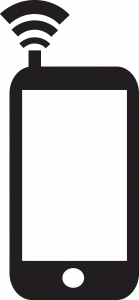 Yesterday, December 6, a Canadian company filed two lawsuits against Apple, alleging that the Cupertino, California, company infringed on several of its patents.
Yesterday, December 6, a Canadian company filed two lawsuits against Apple, alleging that the Cupertino, California, company infringed on several of its patents.  Earlier this week, on December 3, Apple was
Earlier this week, on December 3, Apple was 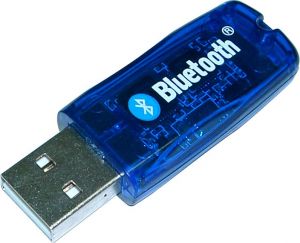 On November 30, Washington Research Foundation
On November 30, Washington Research Foundation 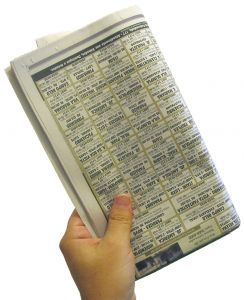 On Thursday, November 29, Google was named as the defendant in a
On Thursday, November 29, Google was named as the defendant in a 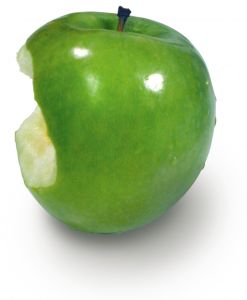 Last Thursday, November 29, a foreign corporation called Arendi
Last Thursday, November 29, a foreign corporation called Arendi 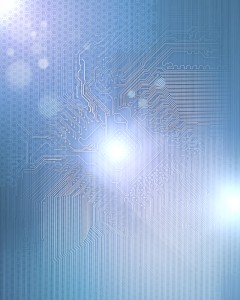 Massachusetts company Lexington Luminance LLC (“Lexington”)
Massachusetts company Lexington Luminance LLC (“Lexington”) 